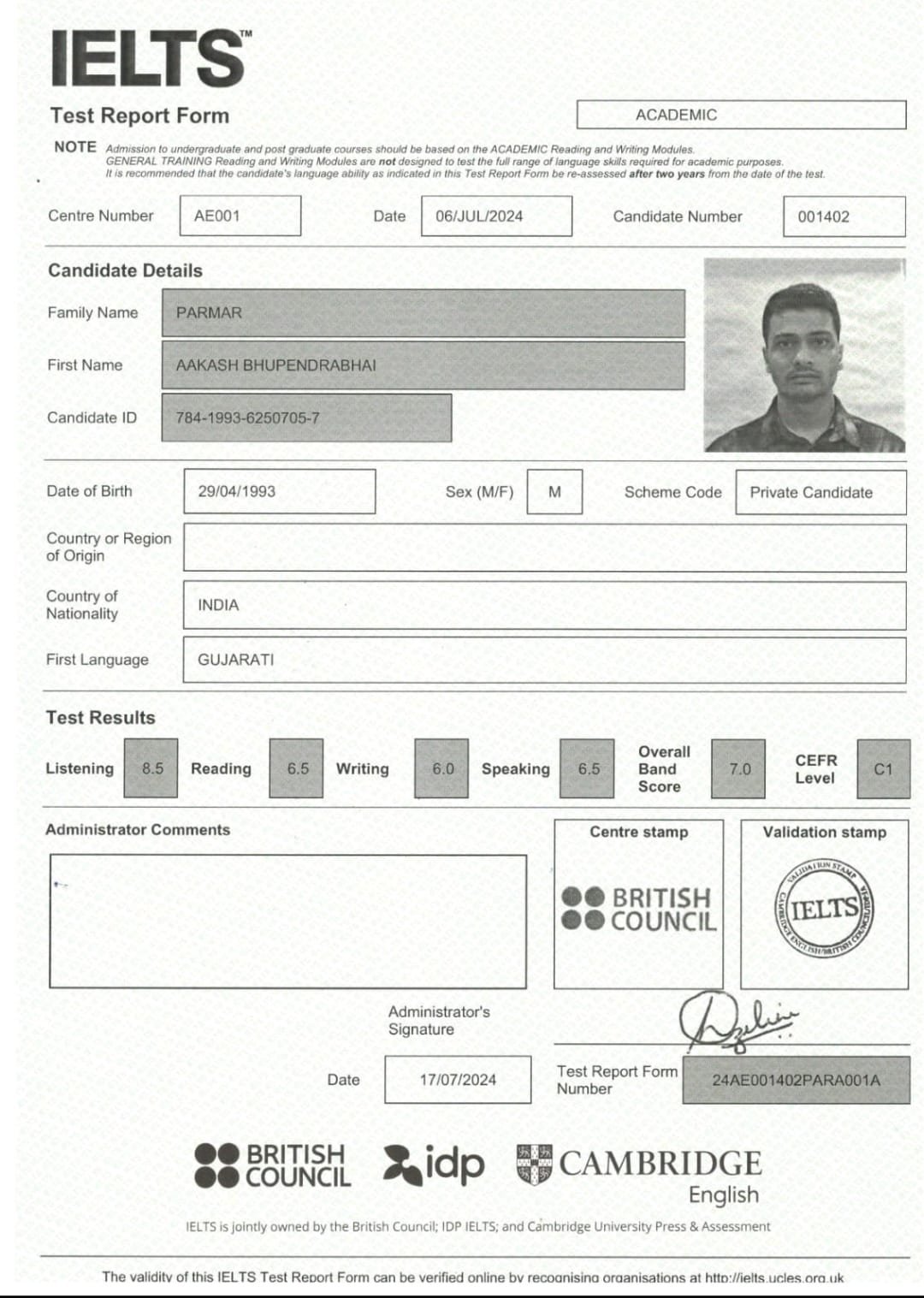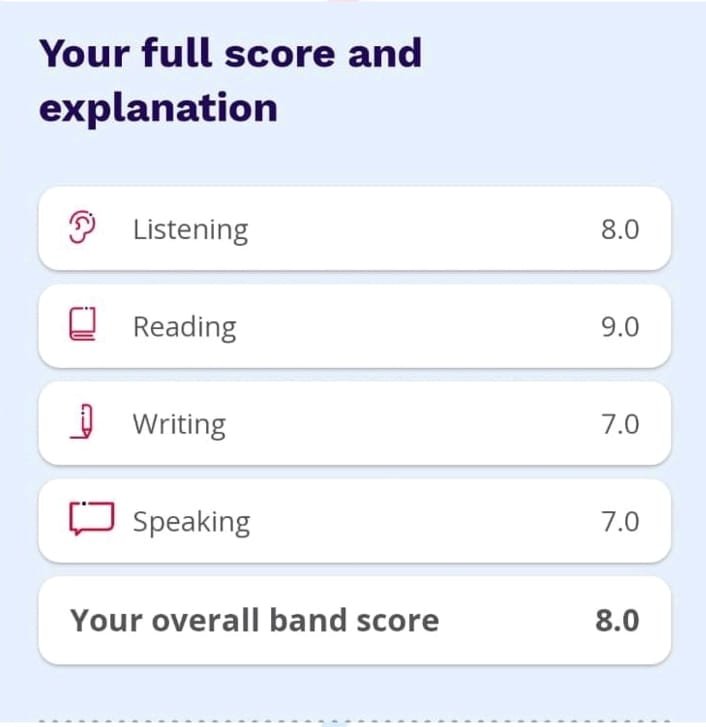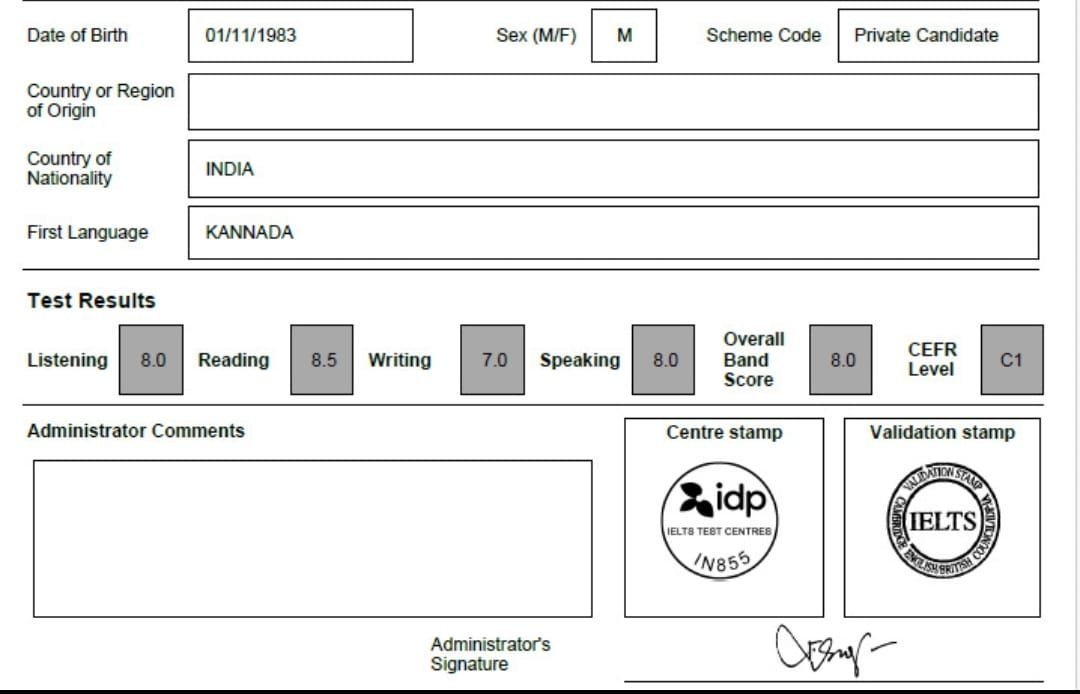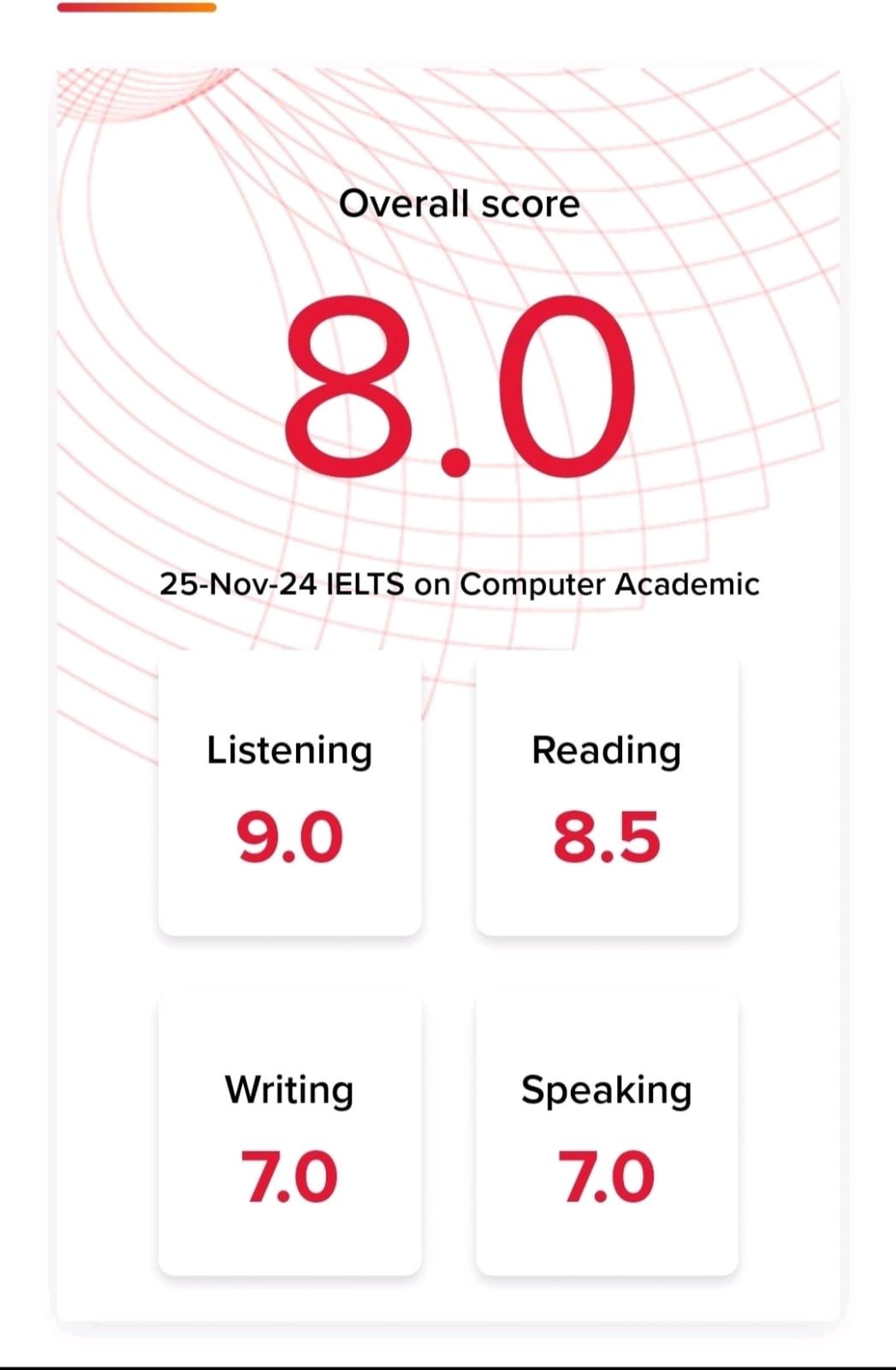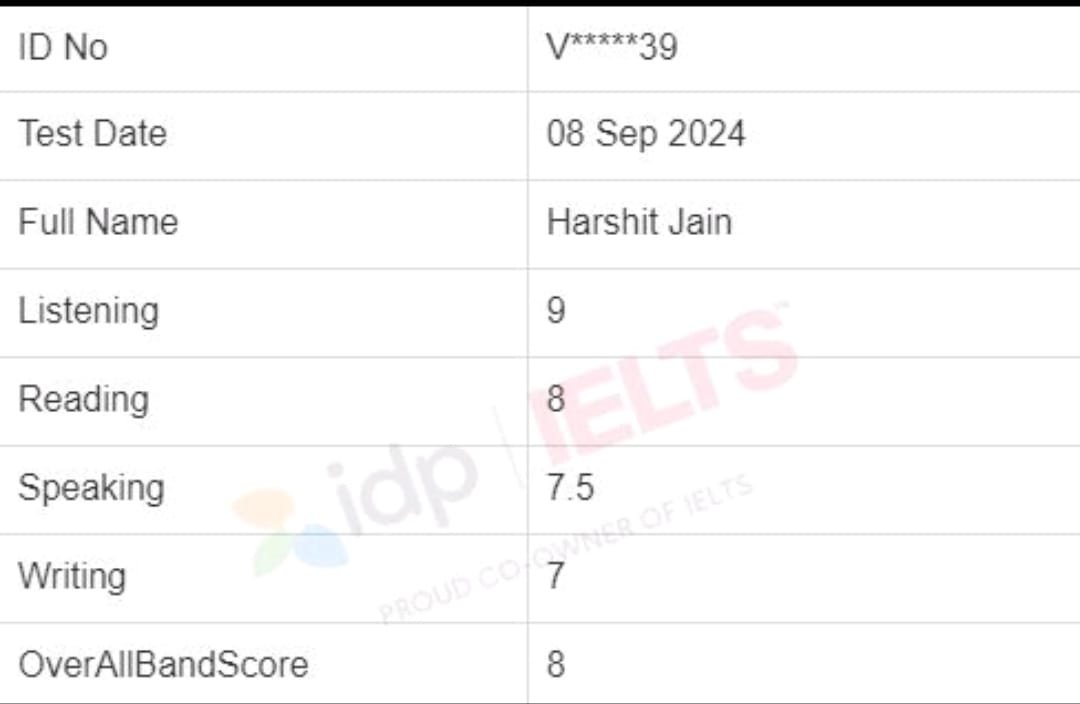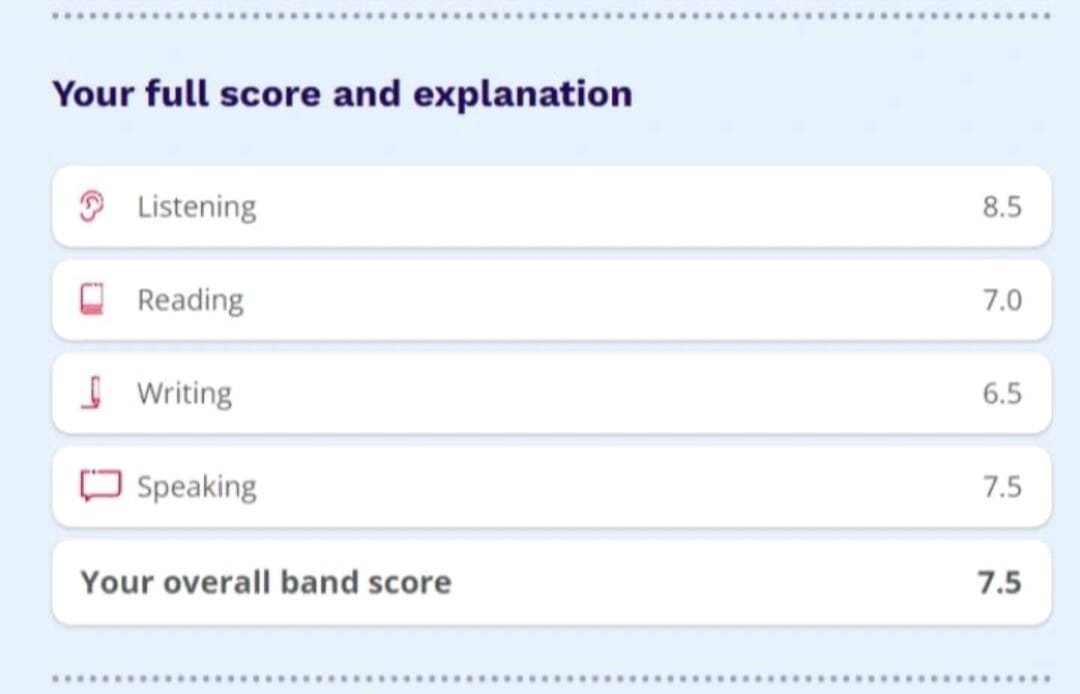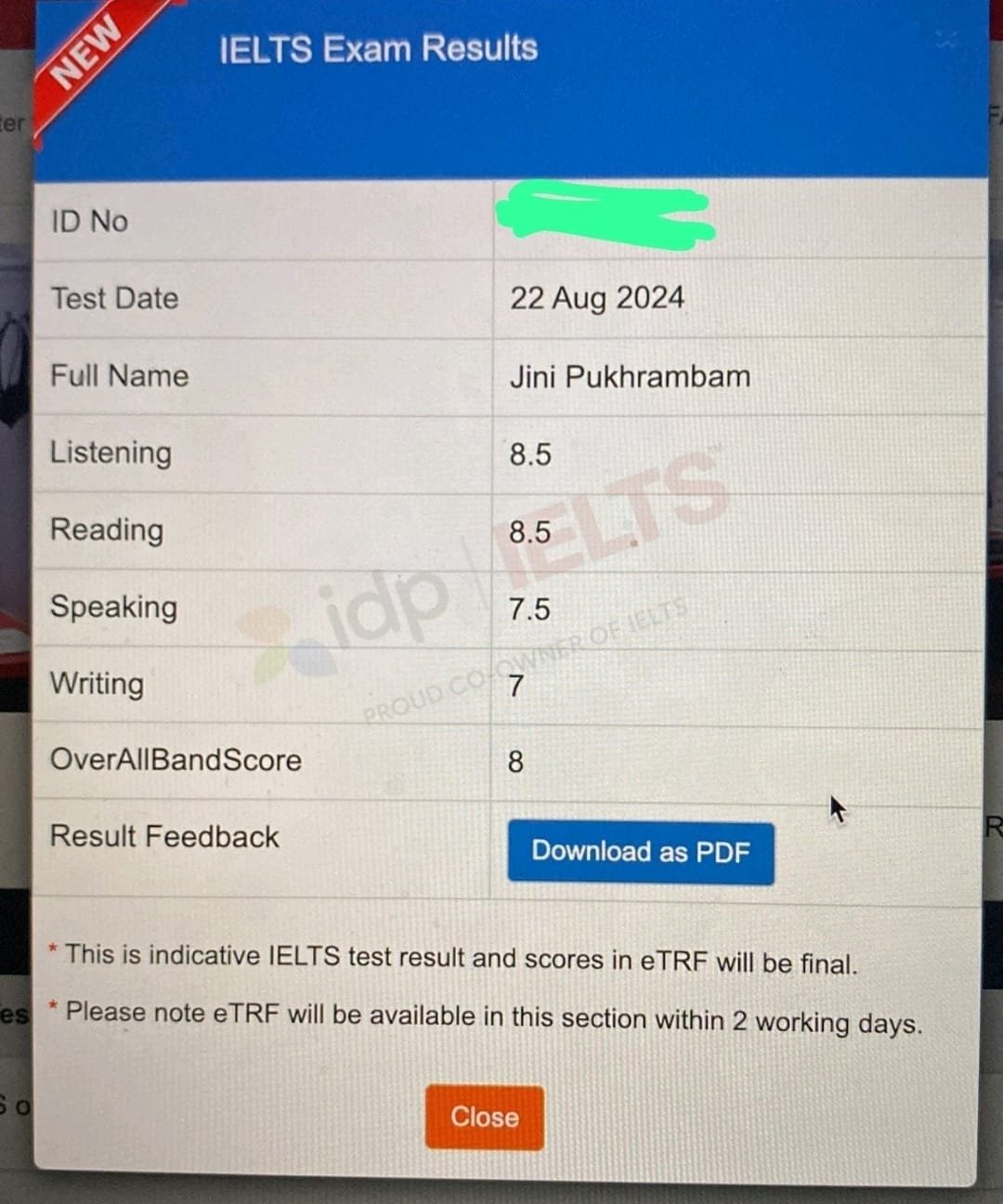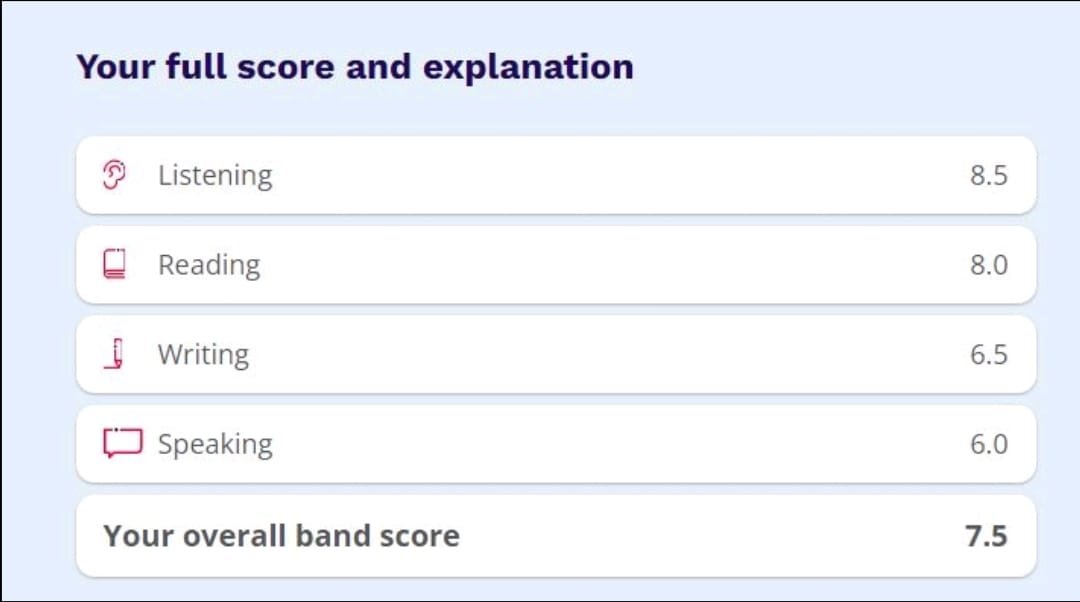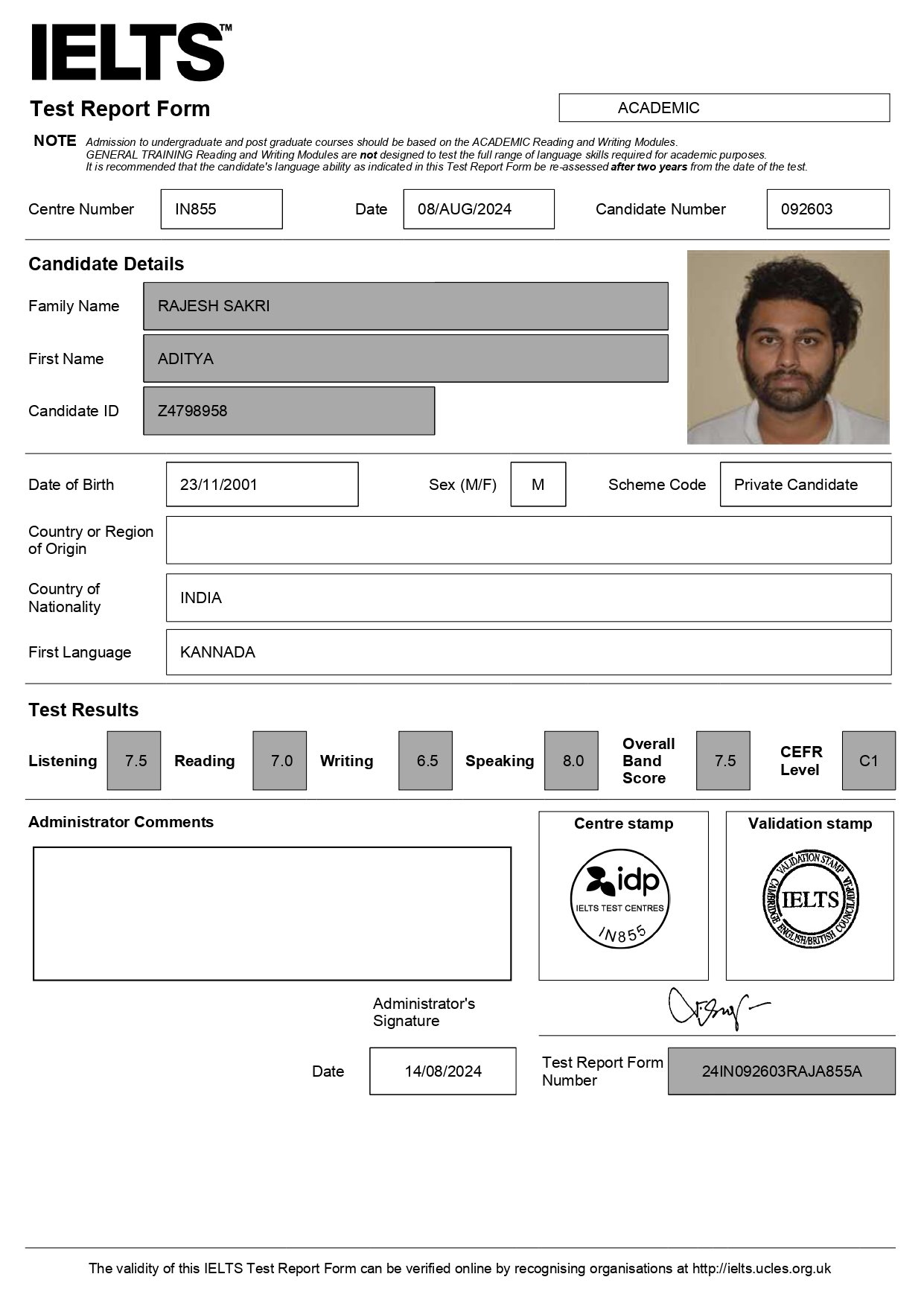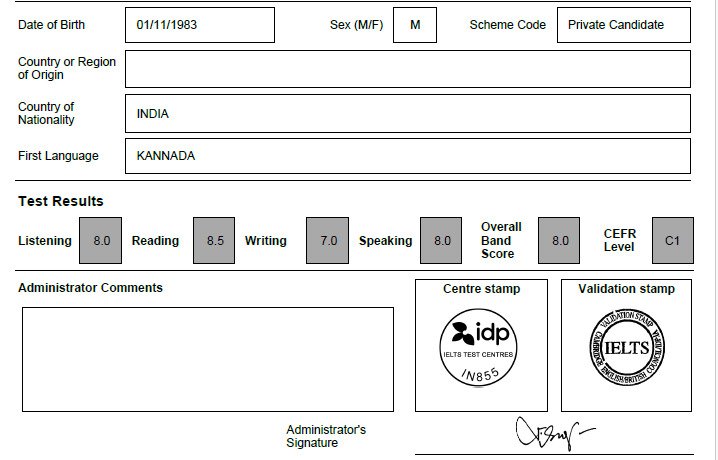
As an experienced IELTS teacher, I have encountered many students who face the same problem, i.e. making judgments about their weak links and then making them. Other students only focus on their strengths and ignore their weaknesses which can hurt their overall band score. However, the key to getting a high IELTS score is seen. Identify where you are going wrong and then systematically improve those areas. Taking the most recent IELTS test as an example, with Listening, Reading, Writing, and Speaking as my subject areas in this blog I offer down-to-earth strategies that focus on how to identify your weak areas of IELTS and fight back. Let’s hope these help you to get past these problems, brush them aside and go forward with a spring in your step!
Step 1: Identify Your Weak Areas
Before you take your studies further, find out where exactly you are weakest. Here’s how you can identify where the big bugs in your own performance are to be found:
Complete a Full Mock Test
- There’s no better way to test your weak spots than a complete mock IELTS examination under time constraints.
- Look over your scores and analyze them carefully. Was it just because no article appeared in front of some words that you didn’t hear right, or did an exercise in Reading make you scratch your head so much that you didn’t move on to anything else?
Go Over Your Errors
- Go back over your test answers and find out what mistakes you make on a regular basis.
- Are you constantly making errors in grammar in Writing? Is your Reading problematic because you keep running into unknown vocabulary?
- Divide errors made into separate columns; use a notebook to keep a tally of these and watch how each improves over time.
Ask A Specialist For Feedback
- A professional IELTS teacher (like me!) can clue you in on what’s wrong with your answer and then give you strategies that are made-to-measure for improvement.
- If you are preparing on your own, use AI tools or Internet bulletin boards to get someone else’s comments on your Written work and Speaking.
Step 2: Enhance Each Ability In IELTS
After identifying your weaknesses, it is time to photocopy and work on them systematically.
- Better IELTS Listening Skills
If you have difficulty with Listening, it is hard to say the least follow different accents actually sound or get any vital details from conversations. It’s this in mind that we introduce some ways that might help you perform better on the IELTS listening part of an exam:
- Listen to Various Accents – IELTS includes British, American, Australian, and Canadian styles of English voice used for both listening and speaking modules. Try tuning into podcasts from these regions, for example.
- Active Listening – Instead of just hearing words, try to understand what they mean and how they fit into the context. Start by watching TED Talks and BBC News with subtitles, then get rid of those untitleds.
- Take notes as you listen – Remember listening part of your IELTS test can be anywhere from 5 to 30 minutes long. A lot of learners find that if they take good notes while listening then they don’t ever need to actually rely upon their memory when it comes time for questions on what’s said.
- IELTS Reading Skilful Study
Understanding can be hard, due to time limits and complex language. The following suggestions may make reading easier:
- Skim and Scan – Don’t waste time reading every word. Learn how to quickly locate important information.
- Start Your Vocabulary: jot down every impossible word from practice tests & refer to its meaning in your dictionary after the test
- Time yourself – Using a stopwatch do some trial runs of the reading component in tests of past papers
- IELTS Custom Writing
For many students, Writing is difficult because of grammar mistakes, weak arguments, or irregular structure. Improvement advice:
- Understand Your Question Clearly – Before you write, make sure that the task requirement has been fully understood by yourself.
- Use a Good Frame of Reference – Use clear structures, such as introduction, body paragraphs, and conclusion
- Write Different Types of Essays with Examples – This will help you improve not only the content of your essays but also your style. You can learn to write Task 1 reports (for academic pupils) or letters (for generalists) and even see how other people Answer Task 2 A General Training Essay by reading sample responses on our website too
- Talking: How to Develop Your IELTS Speaking Skills
Speaking can be terrifying, especially for those who speak a language other than English. Tips:
- Practice with a partner – Speak English regularly with a friend every day, tutor or other language partner
- Record yourself – Listen back to your own responses and find places for improvement, such as pronunciation or fluency
- This article offers a helpful cut-out-and-keep question card template, so you can improve your timing and have a go at answering any cue card topic.
Step 3: Create a Study Plan That Works
Once you have identified the areas in which improvement is necessary and have strategies for doing so, it is time to make a proper study plan:
- Set Objectives That Are Doable
- You cannot fix all of your problems at once. Do not plan to!
- Each week set specific targets for improvement, such as raising your score in Listening by 10% and doing Task 2 better than yesterday’s commentary on it.
- Weaker Areas Must Be Strengthened-Strong Ones Maintained
- Even while improving those areas in which you are weakest, it is important to keep up a certain amount of practice in all four sections of the IELTS exam.
- Choose Your Studying Materials Wisely
- Take the Official Cambridge IELTS Preparation Books
- These contain real tests designed by the people who run the exam, so you can trust their authenticity.
- Online Resources – Use Websites for IELTS Tests
Sites such as IELTS Online Tests and that of the British Council provide free practice.
IELTS Apps – Get Apps Too
For example, the British Council’s IELTS Prep app has mobile practice all the time!
Final Tips for Test Success
- Keep it up — Outcomes do not come immediately, so work every day.
- Replicate Normal Test Conditions–Take full mock tests in timed conditions to build up your examination confidence
- Remain Positive and Self-Confident — Know that you can get a higher band score.
By identifying and systematically addressing your weaknesses, you can improve your IELTS score and shorten test time.
If you need professional support, feel free to contact me and I’ll do my utmost in order to guide you responsibly through your IELTS test. Best luck with studying, and keep on practicing!



